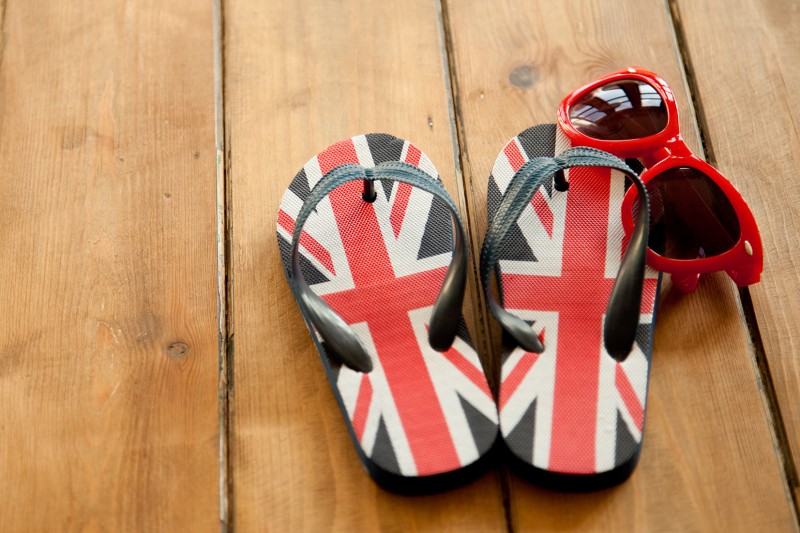Should the UK vote “Leave” in the European Union referendum on 23 June, tourism could be immediately and strongly affected by a fall in the value of the pound and the consequences of a slowdown of economic growth.
In the longer run, the effects of Brexit on tourism would depend on which regulations we then choose to scrap, which we replace, and which we negotiate with the EU to keep. While foreign holidays are likely to be more expensive straight away, domestic holidays will also be more expensive in the long run.

In the immediate aftermath of a vote to leave, the tourism industry is likely to be caught up in the anticipation of a “staycation” effect, where a falling pound makes holidays abroad more expensive, and the UK cheaper for overseas visitors. The combination of British tourists switching to domestic destinations and more overseas tourists coming to the UK will lead to an expectation that tourism businesses in the UK will experience a boom. This is unlikely to materialise if the economy goes into recession, as households will then cut back on domestic holidays as well.
In the longer term, there are many areas of EU regulations that benefit travellers, both in terms of British tourists going to other EU countries, and for visitors coming to the UK. EU rules mean that consumers get their money back if a tour operator they have booked with goes bankrupt. Similarly, the EU gives consumers guaranteed compensation for delayed flights, a regulation which a post-Brexit government could easily keep. In both these cases there is no need for an agreement with the EU to keep these consumer protection regulations, but the “Leave” campaign is built on an argument of reducing the regulatory burden on UK business, so might want to remove them.
Other EU regulations involve benefits to travellers from one country while they are in another country, so could only be kept by separate agreements with the EU. These regulations include the ability to use health services in other EU countries, the banning of mobile roaming data charges to come into place next year, and the EU open skies agreement for air travel. Removal of these benefits would impose additional costs to travel, both for British tourists going to the EU and for EU tourists coming to the UK.
There is a great deal of uncertainty over how migration might be restricted post-Brexit and what would happen to migrant workers currently in the UK (as well as Britons living elsewhere in the EU). The tourism industry relies more heavily on migrant workers than most other industries, with a concentration of migrant employment in London.
Many tourism businesses are doubtful that they would be able to fill vacancies without the ability to hire migrant workers, with consequent job losses if businesses have to cut back or close. Such difficulties are likely to get worse over time because of the UK’s ageing population, and the added cost to businesses would then be passed on as higher prices.
A post-Brexit tourism industry is likely to be much more expensive in the long run.
Professor Adam Blake, Professor of Economics



